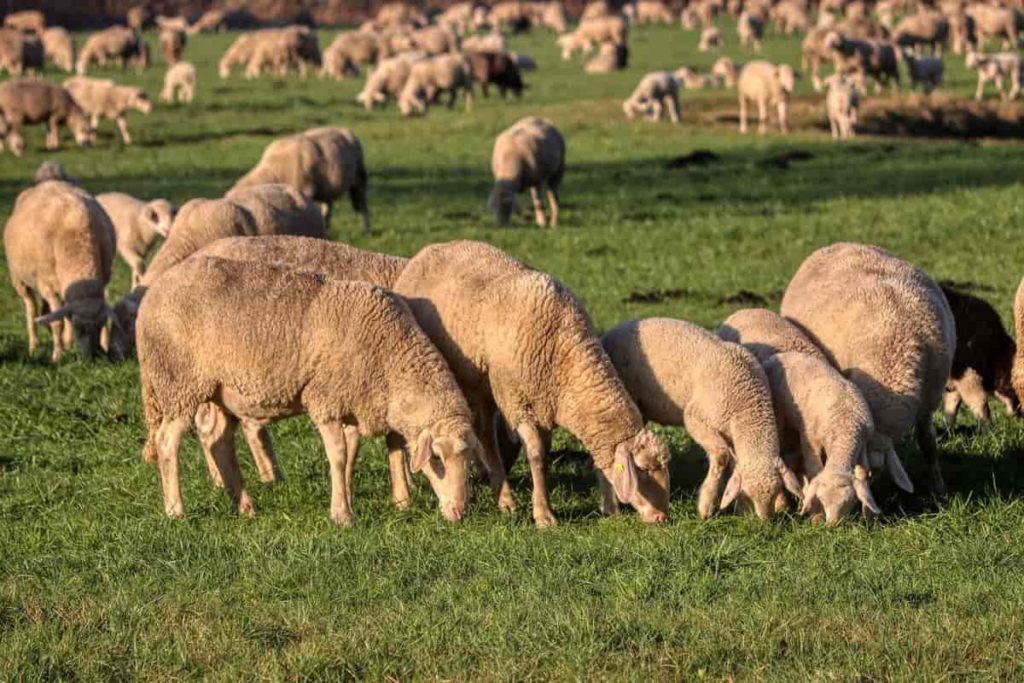- Selecting breeding stock with strong immune systems and resistance to common diseases and parasites.
- Implementing biosecurity measures to prevent the introduction and spread of infectious diseases within the flock.
- Incorporating genetic markers for disease resistance into breeding programs through selective breeding and genomic selection.
4. Resource Efficiency and Productivity:
Efficient resource utilization is a cornerstone of sustainable livestock management, and sheep breeding offers opportunities to improve resource efficiency and productivity. By selecting for traits that enhance feed efficiency, reproductive performance, and growth rates, producers can optimize resource utilization and minimize environmental impacts. Key strategies for resource efficiency and productivity include:
- Selecting breeding stock with high feed conversion efficiency and low environmental impact.
- Implementing rotational grazing systems and pasture management practices to optimize forage utilization and reduce soil erosion and nutrient runoff.
- Incorporating genomic selection and advanced breeding technologies to accelerate genetic progress and improve flock performance.
5. Stakeholder Engagement and Collaboration:
Sustainable livestock management requires collaboration and cooperation among stakeholders across the agricultural supply chain, including producers, researchers, policymakers, and consumers. By fostering partnerships and dialogue among diverse stakeholders, we can develop innovative solutions to complex challenges and promote sustainable agriculture and livestock production.
In conclusion, sheep breeding plays a critical role in sustainable livestock management, offering opportunities to enhance genetic diversity, resilience, and productivity while mitigating environmental impacts and promoting animal welfare. By incorporating principles of genetic conservation, climate adaptation, disease resistance, resource efficiency, and stakeholder engagement into sheep breeding programs, producers can contribute to a more sustainable and resilient agricultural future for generations to come.

